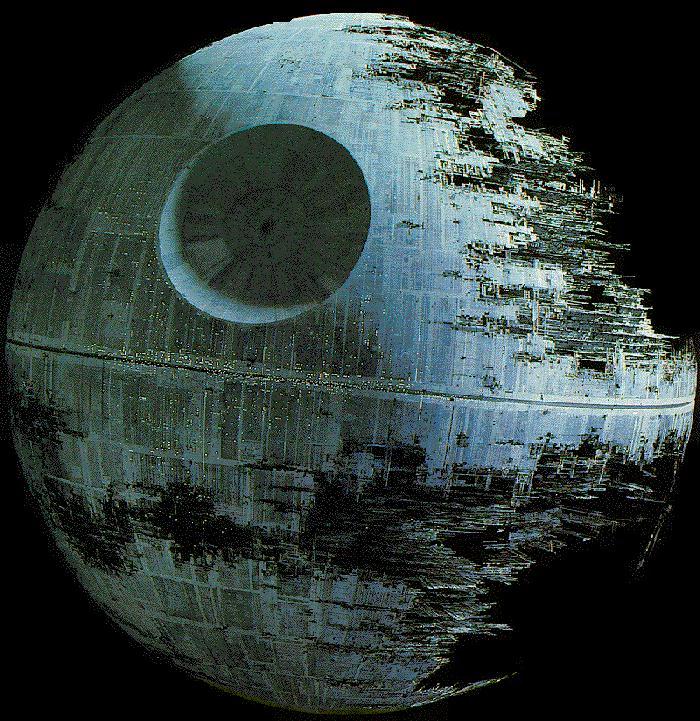
Spotted this in my telescope last night...should I be worried?
Posted on 08/15/2006 5:18:53 PM PDT by bd476
HUNTSVILLE, Alabama (Reuters) - The Air Force's new top commander for space predicted on Tuesday future attacks on U.S. satellites and called for greatly expanded tracking and identification of payloads launched by other countries.
Currently, U.S. efforts are focused on determining if an overseas launch is a ballistic missile or designed to put an object in orbit, then cataloging it over a period that can take weeks, said Air Force Gen. Kevin Chilton, who heads the Air Force Space Command at Peterson Air Force Base, Colorado.
"I say those days are over," he told an annual conference here on the fledgling, multibillion-dollar U.S. anti-missile shield. "If it's a space launch, we can't afford to relax."
"We need to know what the intent of that launch is," he said, including whether an object could jam or otherwise harm satellites or spread micro-satellites that could do so.
Chilton said his goal was to learn all this in the object's first orbit of the Earth so the United States could take unspecified actions "before an adversary can cripple us."
The increased "situational awareness" he had in mind could be achieved largely through improved computer work that would present information in easy-to-understand displays, he said.
Foes would be foolish not to be thinking of how to deny the United States the advantages of space, on which it relies heavily for military and commercial purposes, said Chilton, who took over the space command a month and a half ago.
"And in the future, I'm convinced they'll strike at these capabilities, if nothing else to attempt to level the playing field," he said.
Chilton said the United States had a duty to secure "the entire space domain not just for our own military but for our allies and for the benefit of the free world."
In other remarks to the missile-defense conference, Gil Nolte of the code-making Information Assurance Directorate at the Pentagon's National Security Agency said his agency believed unspecified foreign intelligence agencies had been behind attacks on U.S. computer networks.
He said there had been insufficient investment in cyber security at all levels of the U.S. government while attackers were very well financed and used "a wide range of tradecraft."
I searched and didn't find this. If it has been posted, please pull.
It's at least reassuring to learn that they have been thinking about this.
That's unusual - an Air Force commander with common sense cojones on how to handle an enemy.*
Make him the head of the USAF - after he builds up our space defense.
* the USAF Academy teaches that the purpose of war is NOT to close in and destroy an enemy, it is only a means to bring them to a barganing table for "talks".
I prefer the Marine Corps method of war. KILL the SOBs!
In the meantime, any experienced players should know that satellite sabotage works both ways; and the U.S. has by far the most experience at it.
I'll let my grandchildren worry about that, if there are any muslims left by then.
You might find this of interest: Pentagon's Satellite-Saving Plan Could Backfire (EMP)(http://www.freerepublic.com/focus/f-news/1684226/posts)
Sorry - don't know how to do links.
Makes sense: Any country from France up has to assume that they'll need to deny space to their foes at some point (Even though France/UK ideas on this are likely to be standard contingency planning only, I hope!)- frying enemy satellites via high level nuke detonations is cheap, elegant and hard to guard against. Even this doesn't deal with it totally or block repeat attacks.
Until we launch solid lead satellites anyway...

Spotted this in my telescope last night...should I be worried?
Disclaimer: Opinions posted on Free Republic are those of the individual posters and do not necessarily represent the opinion of Free Republic or its management. All materials posted herein are protected by copyright law and the exemption for fair use of copyrighted works.